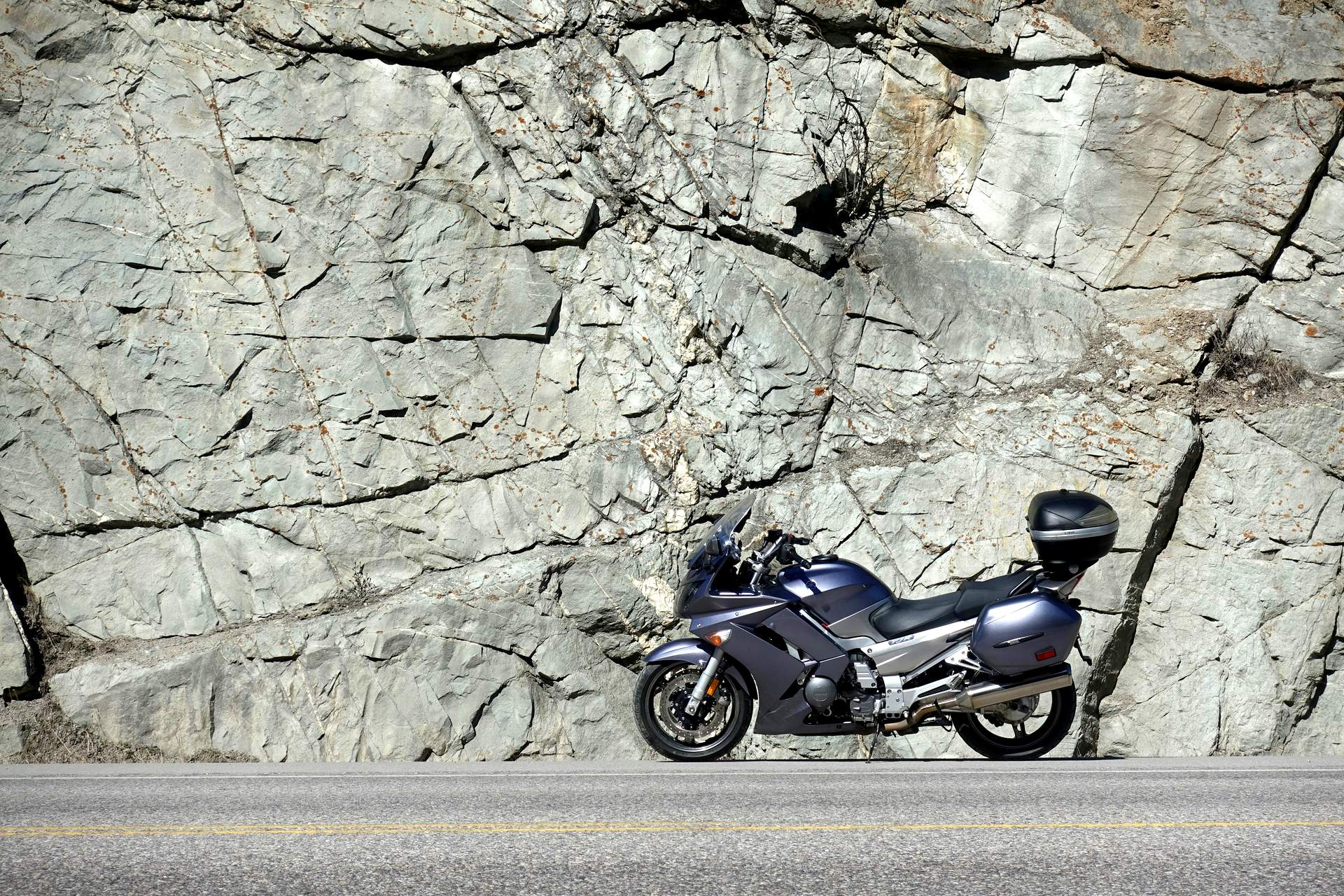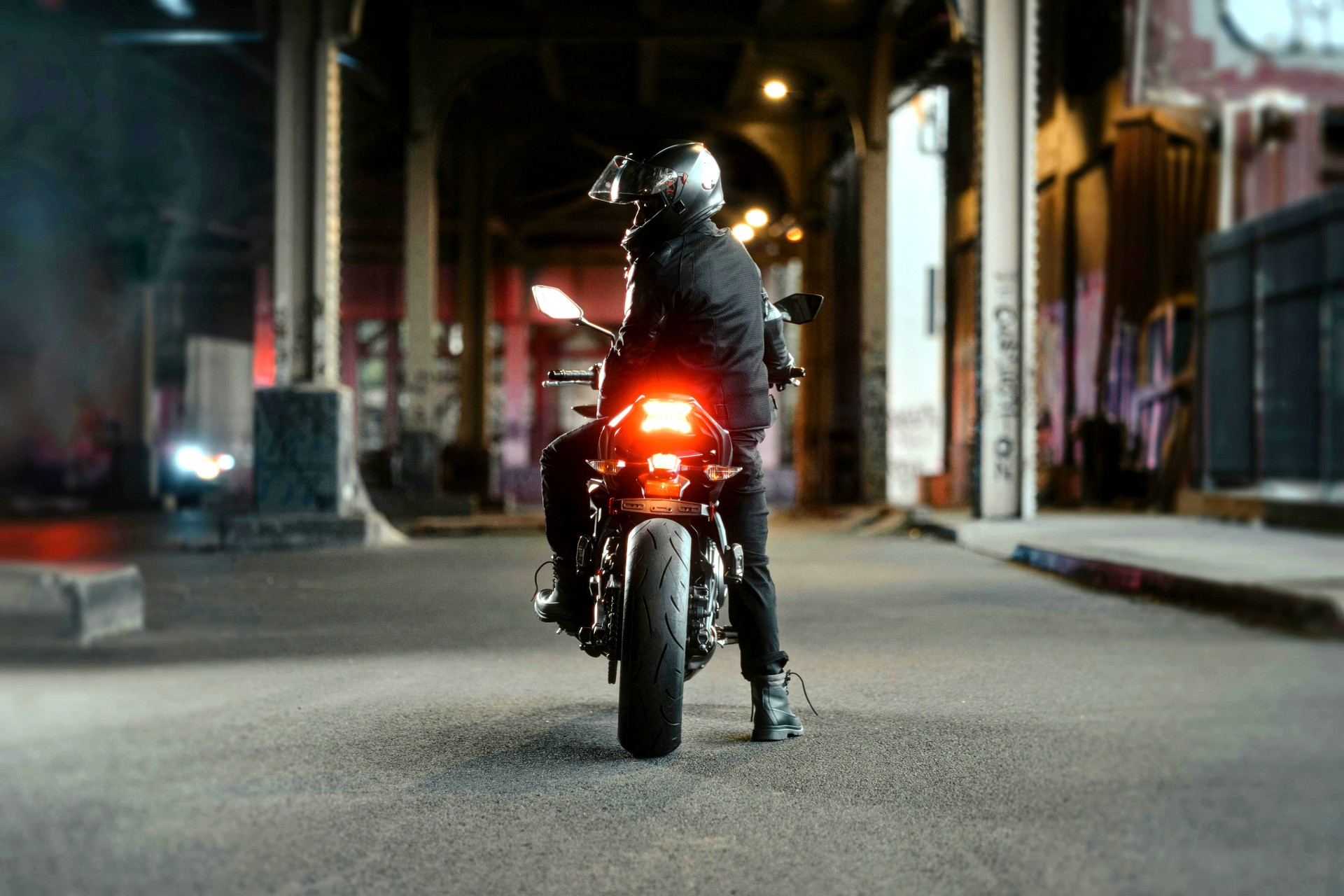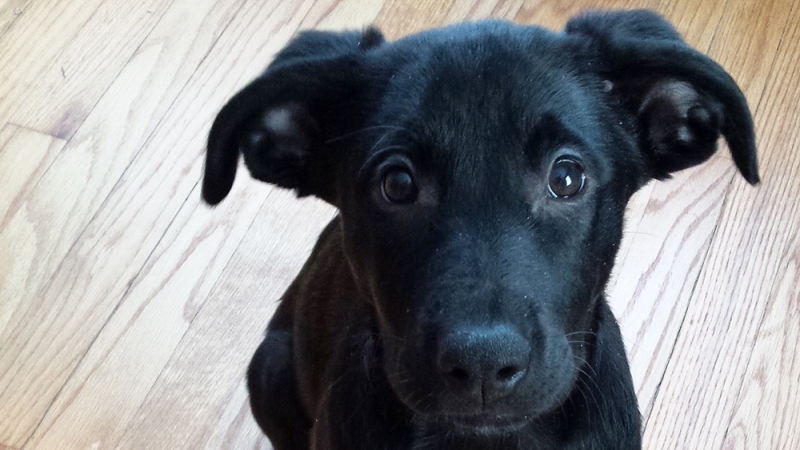Commerce, Recent, Search
Commerce
We sell advertising on this site and participate in affiliate marketing. We make a small commission on items you buy after following a link.
Product Testing/Promotions ...
The Riding Obsession
Phone: (224) 358-3010
101 Rainbow Drive [map]
Box #8084
Livingston, TX 77399-1080
Recent
Copyright © 2014-2026 The Riding Obsession · All rights reserved · No reproduction permitted without permission · Built by DM2



